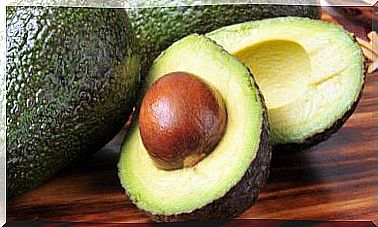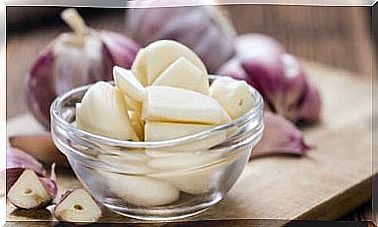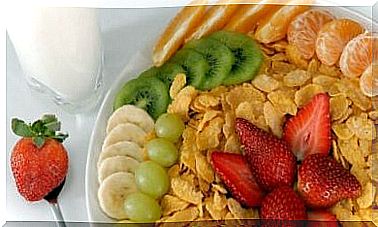Diet During Pregnancy: Find The Most Suitable One
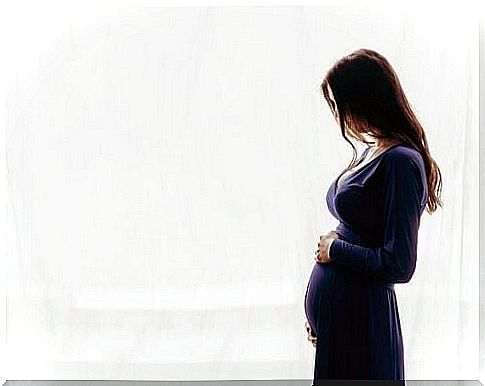
It’s important to remember that whatever you include in your diet during pregnancy will determine the formation of your fetus. Therefore, it is recommended to ensure that you consume quality food in the correct measure.
A common mistake is thinking you should eat for two. The truth is, you only need to make adjustments to the nutrients you consume. If you overeat, it can cause obesity problems for you and your baby and affect their growth. Take note of the best diet during pregnancy.
Diet during pregnancy should include
Folic acid
The first of the elements you should pay attention to during the pregnancy stage is folic acid. It is also called folate and is a group B vitamin. Its purpose is to prevent defects in the fetal brain and umbilical cord.
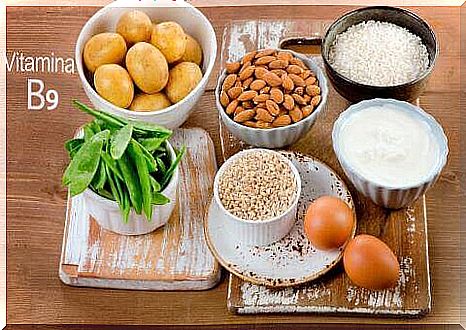
It is very common for doctors to prescribe a folic acid supplement the moment pregnancy is discovered. We recommend that you do it as indicated and for the specified time. Usually 400 to 600 micrograms is recommended.
In addition to taking the recommended supplement, include in your regular diet: green leafy vegetables, citrus fruits, fortified cereals, beans, pasta and whole grain bread.
Calcium
Another vital element in the diet during pregnancy is this mineral. Its relevance is due to the fact that it lays the foundation for the formation of bones in the fetus and teeth during the baby’s growth.
When you don’t get enough calcium during pregnancy, you put your own health at risk. This is because your body will take in the calcium it finds in your body. This includes your bones and teeth.
If you don’t get enough calcium, you’re accelerating or causing osteoporosis to start. Ideally, you should be consuming between 1,000 and 1,300 milligrams of calcium a day.
The best option to get calcium naturally is to consume:
- Milk
- Yogurt
- Calcium fortified juices
- green vegetables
- Sardine
- cheeses
Iron
In the diet during pregnancy, it is necessary to consume 27 milligrams of iron per day. This is twice the amount normally required. The iron is important to generate red blood cells needed to produce the blood of your baby.
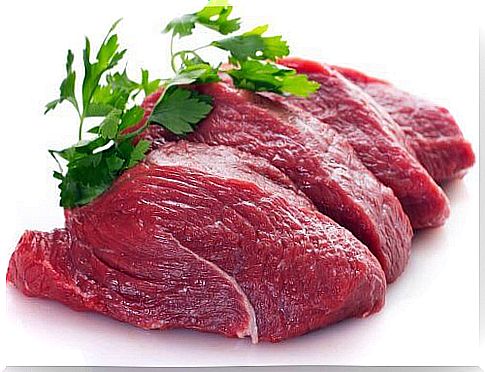
When you don’t get enough iron, you may experience anemia, excessive tiredness, and infections. To prevent this from happening, try to consume:
- Bean
- cold
- Peas
- Iron fortified cereals
- Viscera
Protein
Protein intake is generally not an issue during the stage of pregnancy, but it is important that you keep this in mind. This nutrient is vital for the formation of the fetus’ body. A protein deficiency can cause problems in the formation of organs as important as the heart and brain.
The best proteins you can consume are the leanest ones, for example: nuts, turkey, beans, eggs, chicken, soy and derivatives.
Products you should avoid in the diet during pregnancy

- Caffeine. Caffeine consumption is not completely negative, but you should make sure not to exceed 200 mg per day. Excess can cause premature births and high blood pressure problems.
- Alcohol. It is advisable to keep alcohol consumption to a minimum at all times, especially during pregnancy. At this stage, it causes addiction problems, miscarriages and physical problems.
- Fish with high levels of mercury. Although fish is a lean meat and therefore recommended for consumption, some types are best avoided. Among them are shark meat, marlin and the like. These usually have mercury in the meat, an element that alters the formation of the nervous system, kidneys and brain.
- Raw meat. Raw meat consumption is more common than we might think. Some examples are sashimi , ceviches and eggs. In an adult in a normal stage of life, this does not cause serious problems. However, the fetus can be affected by bacteria that these foods might contain.

